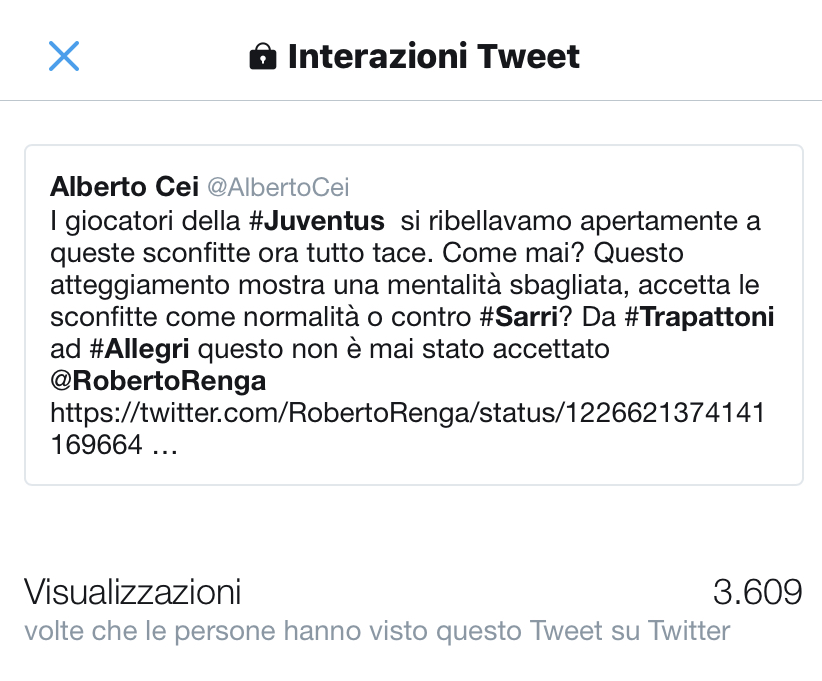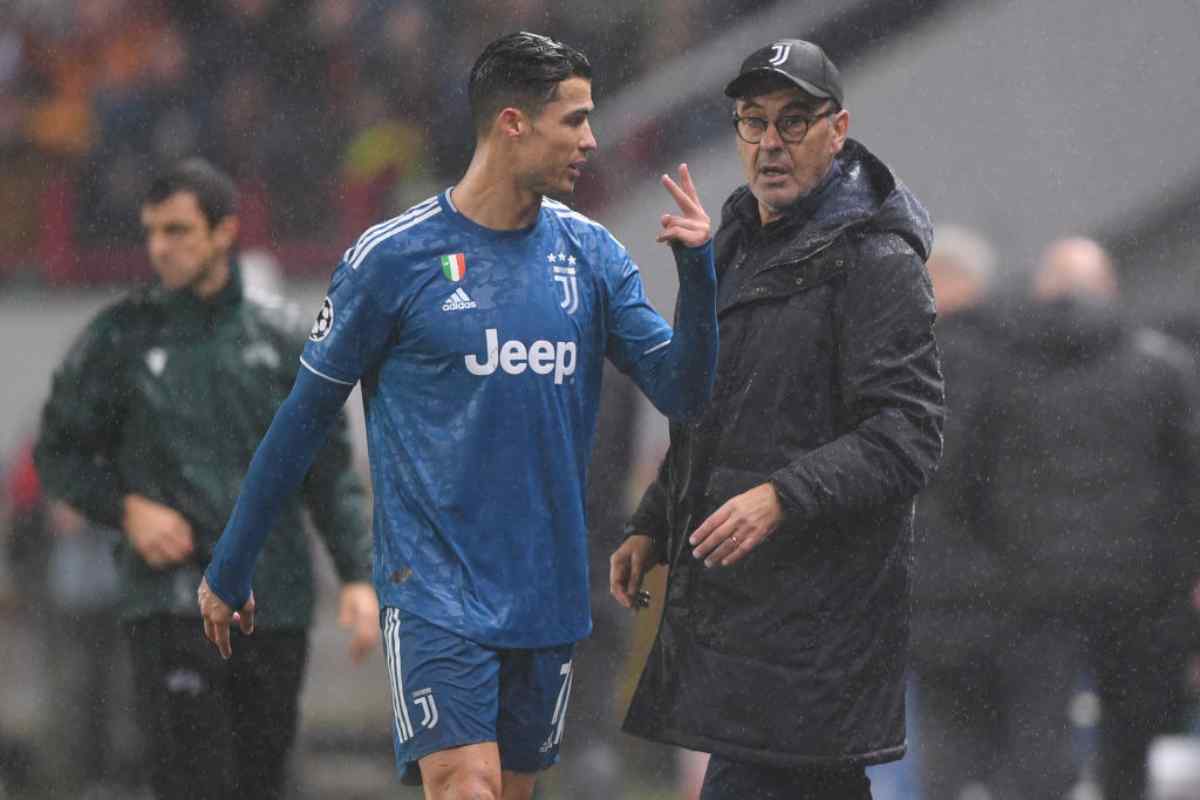How coaches of elite soccer experience being fired, victories, new benches is a little known topic and not at all investigated given the difficulty and confidentiality of this issue.
Although the media talk about it all the time, there is no in-depth analysis, often not going beyond the analysis of the most trivial aspects (he failed, he lacked the support of management, he did not have the experience, the club did not have a project to improve the team).
Athletes are studied from a psychological point of view but not elite coaches. We do not have answers that go beyond the anecdotal evidence of how Max Allegri has lived these two years without a job, how Sarri has interpreted his departure due to misunderstandings about his way of conceiving soccer, how Antonio Conte gives up to lead Inter after winning the championship driven by the desire to have a more competitive team to lead, how De Zerbi is preparing to be the leader of Shachtar, how Andrea Pirlo will prepare to train a new team after being rejected by Juventus.
They certainly don’t have economic problems and, therefore, the question is about the perception they have of themselves and how this awareness interacts with and is influenced by the situations and environment in which they live.
I have described several times the characteristics of winning coaches but how do they vary over time in relation to their professional experiences? How do they manage the stress resulting from these changes, often not chosen by them but decided by others?
The only answer that seems important to me is to emphasize the importance of their psychological training, and therefore the idea of continuous personal and professional improvement that is usually the basis of the results of the most successful coaches.







